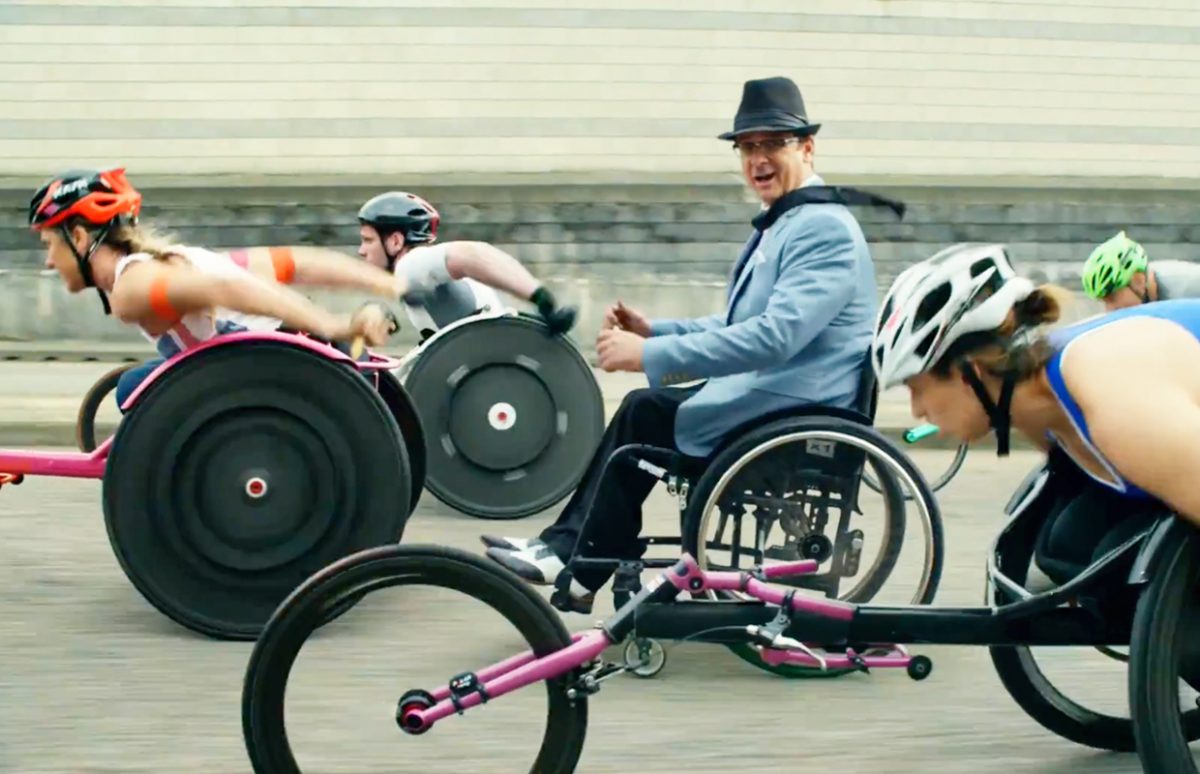
Britain’s commercial Channel 4 TV company revolutionised the televising of disability sports for the 2012 Games in London. It has continued its commitment to disability sport, proudly proclaiming on all its communication that it is the “Paralympic Broadcaster”. This from the channel that brought us Big Brother and Big Fat Gypsy Wedding. For the 2016 … Continue reading “Paralympics: Yes We Can”
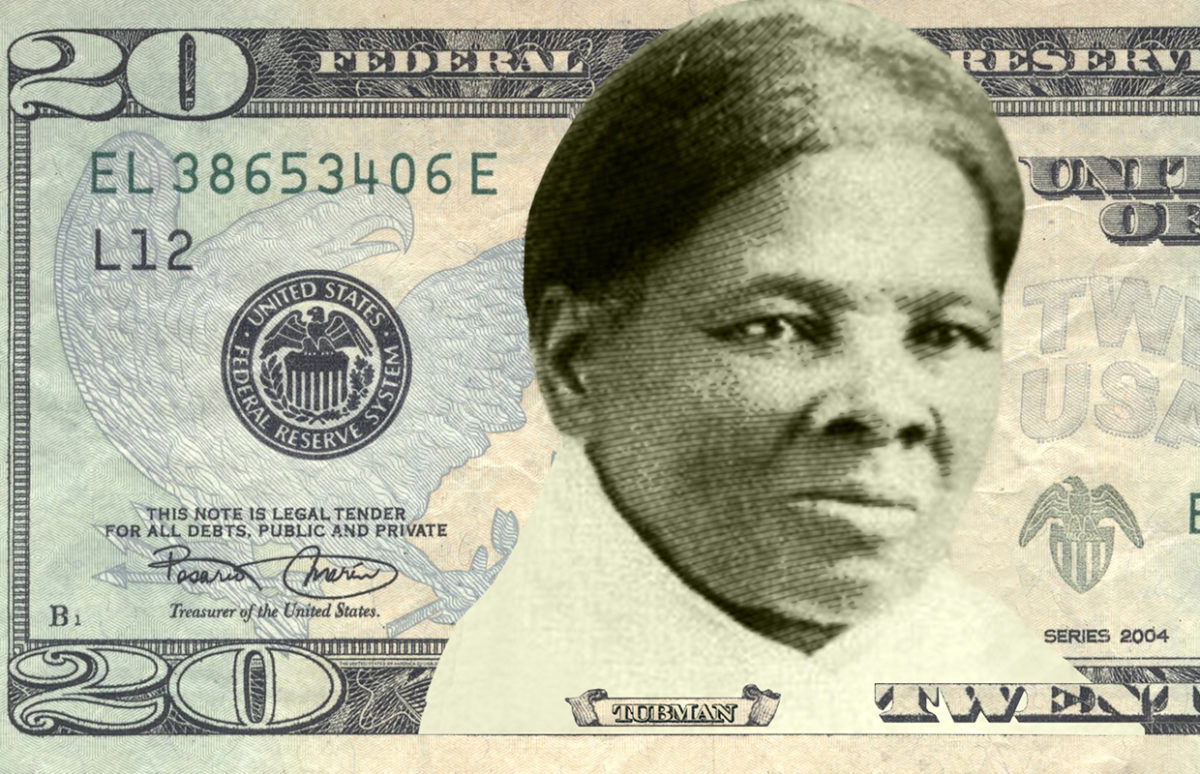
National symbols are a wonderful way into discussing a country’s culture — and encouraging pupils to think about their own country’s symbols, which we all tend to take for granted. The current debate in the U.S.A. about honouring a woman on a banknote is and excellent and realistic example. This topic is great for classwork … Continue reading “Women on Banknotes Webpicks”
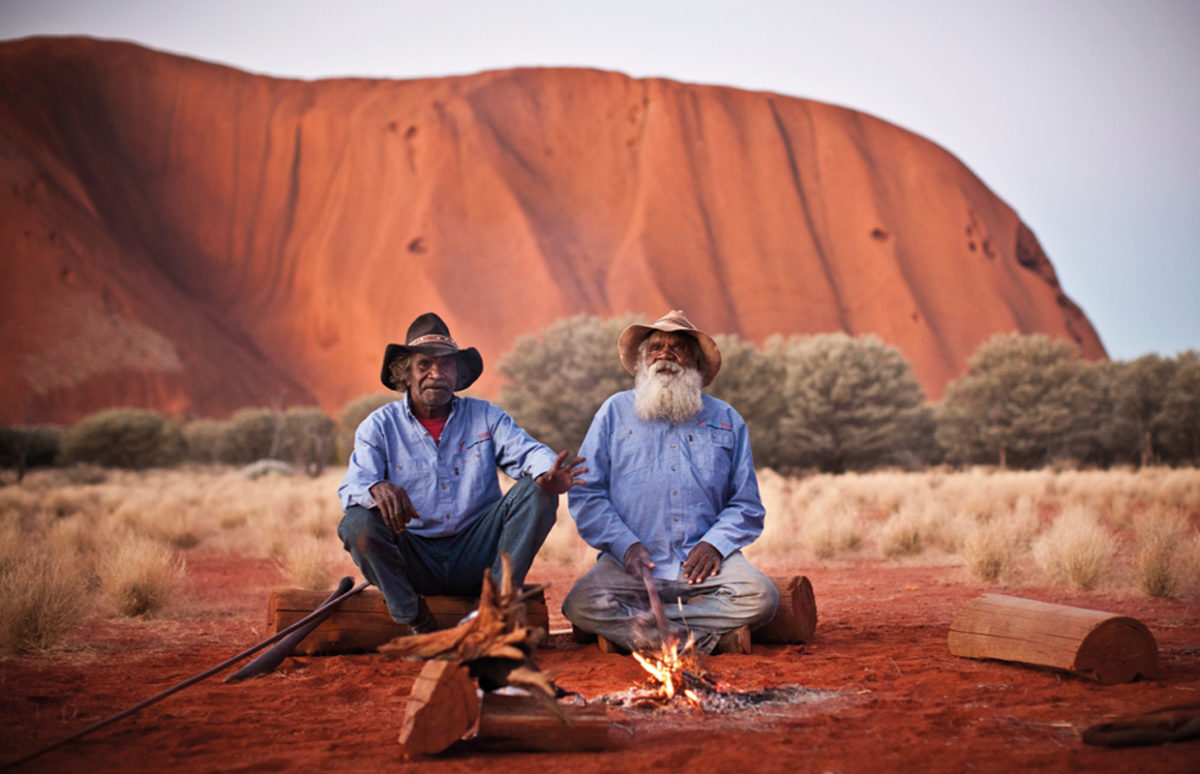
This easy A1+ article will introduce your pupils to one of the largest, but most sparsely populated, English-speaking countries: Australia. It includes geographical details and a map, and elements about symbols, institutions, landmarks and population. It is accompanied by teaching activities and an audio quiz. Vocabulary and structures be there is/are locating compass points … Continue reading “Australia”
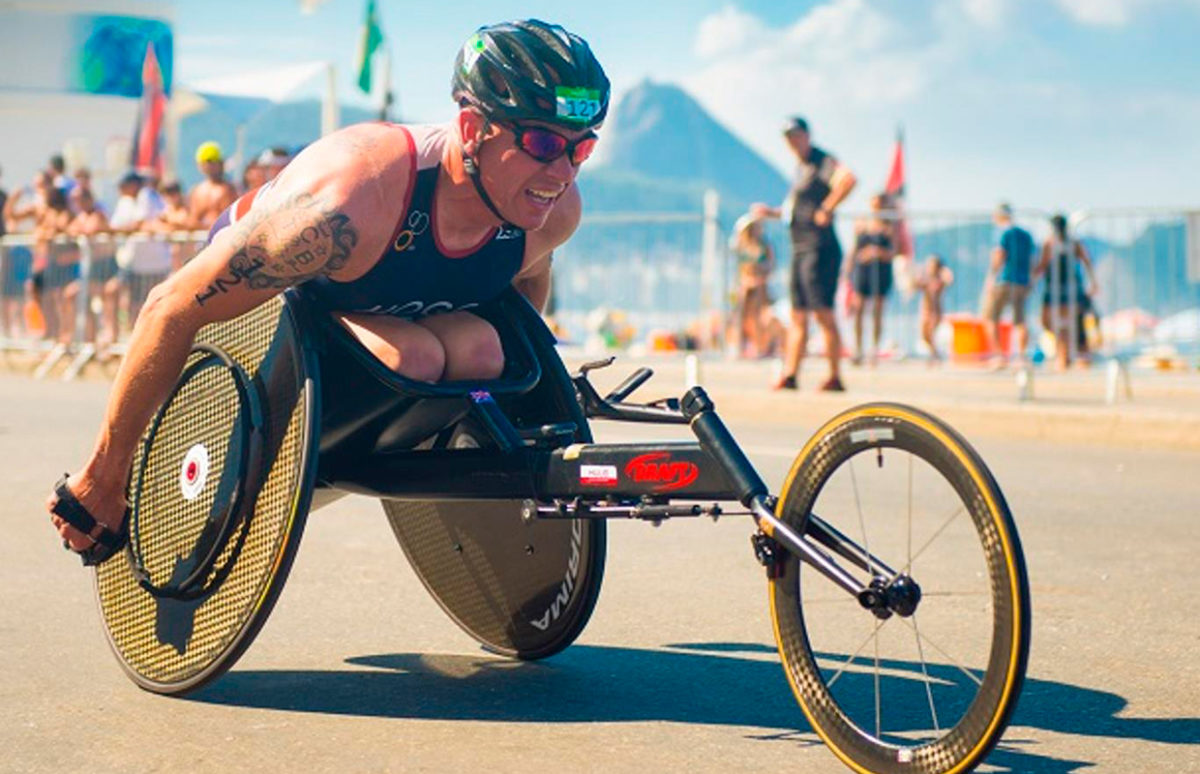
From 7-16 September, Rio de Janeiro, Brazil, is hosting the 2016 Paralympic Games. With each Olympiad, the games for athletes with disabilities are becoming more and more high-profile. The Paralympics began in Stoke Mandeville, England, in 1948. Dr Ludwig Guttmann was working with World War 2 veterans who had spinal injuries. He used sport as … Continue reading “Paralympics Rio 2016”
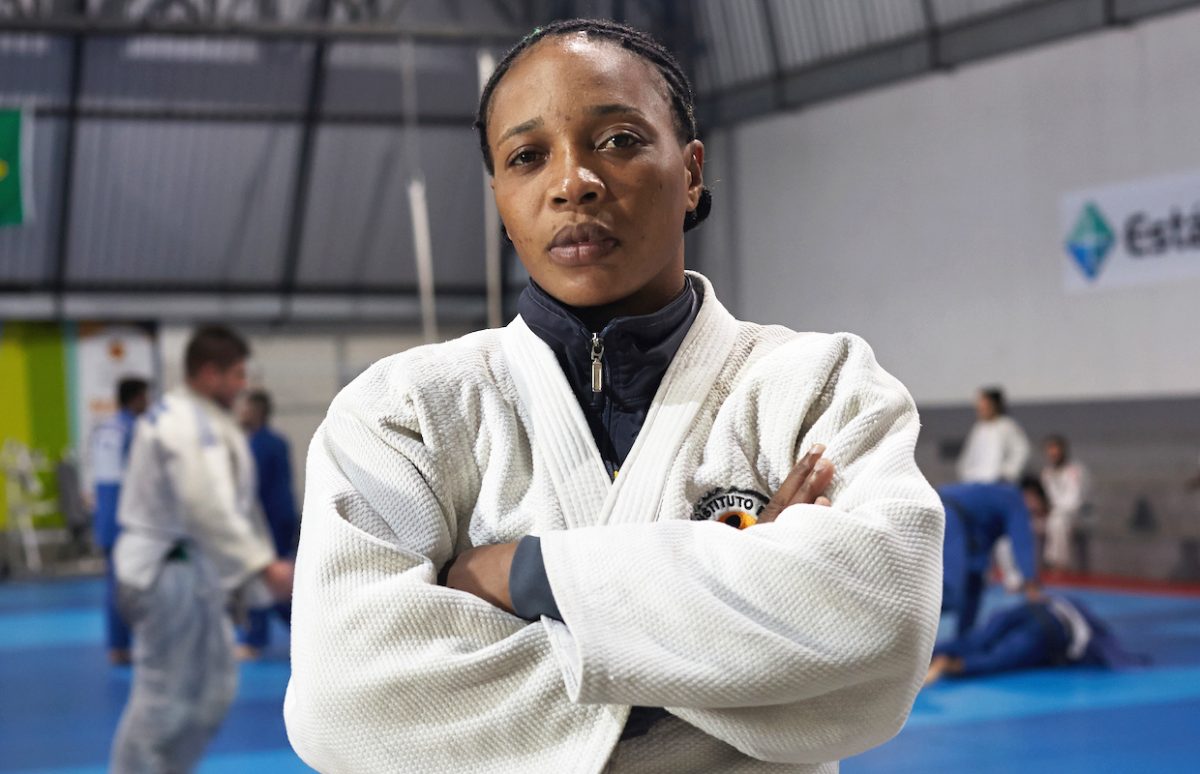
At the 2016 Olympic Games in Rio, a refugee team competed for the first time in Olympic history. These videos can bring this inspiring story to life in your classroom. From A1+ This video is a good introduction since the only mention of the team being refugees is the first screen – if you start … Continue reading “Olympic Refugee Team Teaching Tools”









